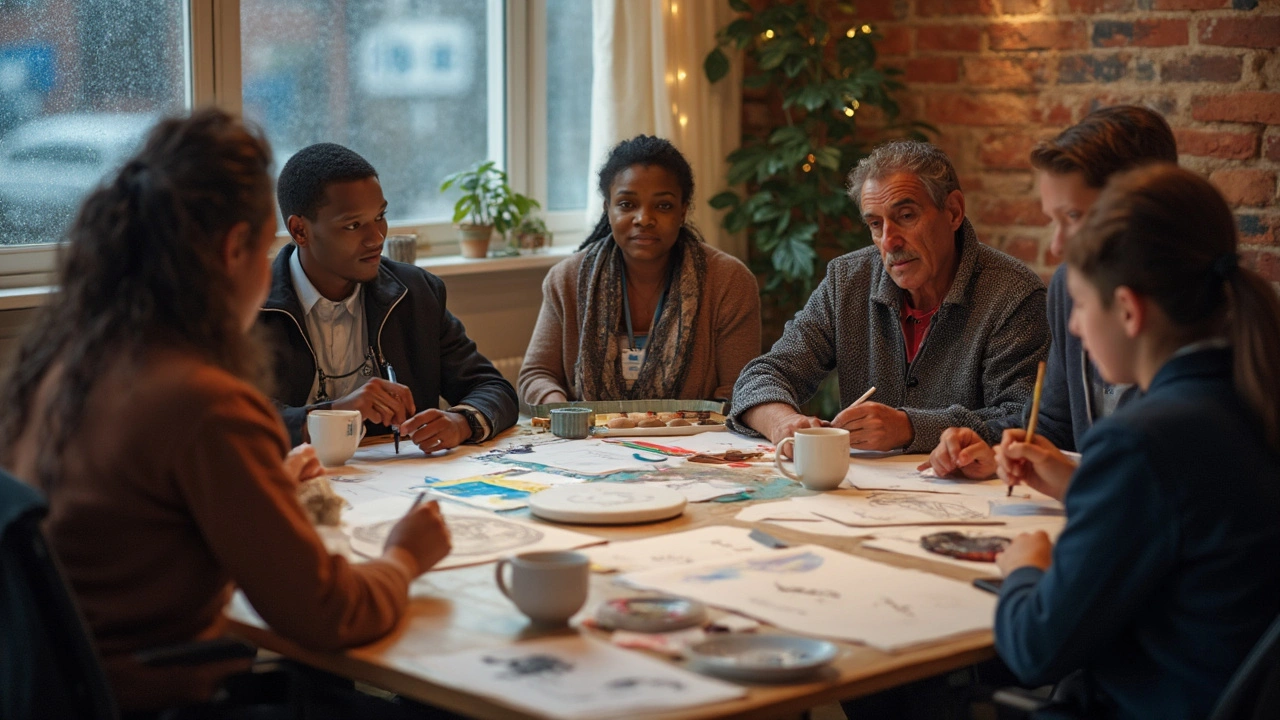Emotional Resilience: Simple Ways to Keep Going When Life Gets Tough
Ever feel like a setback knocks you flat? You’re not alone. Emotional resilience is the muscle that helps you get up, learn from the hit, and keep moving. The good news? Like any muscle, it gets stronger with the right exercises. Below you’ll find easy, science‑backed tricks you can start using right now to stay steadier when stress shows up.
Why Emotional Resilience Matters
Resilience isn’t about never feeling sad or angry; it’s about handling those feelings without losing control. People with higher resilience tend to bounce back from job loss, relationship strain, or health scares faster. They also report better sleep, lower blood pressure, and a clearer mind for daily tasks. In short, it’s a key part of overall mental health and everyday wellbeing.
Everyday Practices to Strengthen Resilience
1. Reframe the story. When something goes wrong, ask yourself: "What can I learn from this?" Turning a problem into a lesson shifts your brain from panic mode to problem‑solving mode.
2. Build a quick‑pause routine. Before reacting, take three deep breaths. This tiny pause lowers the adrenaline surge and gives you space to choose a calmer response.
3. Keep a gratitude habit. Write down three things you’re grateful for each night. Gratitude lights up the brain’s reward centers, making it easier to see positives during tough times.
4. Stay connected. Chat with a friend, join a hobby group, or simply share a joke with a coworker. Social support acts like a safety net, reminding you you’re not alone.
5. Move your body. A short walk, gentle stretch, or a quick dance break releases endorphins that soften stress. You don’t need a gym—just 10 minutes of movement can reset your mood.
6. Practice mindful breathing. Apps or simple timers can guide you through a 5‑minute breath focus. Consistent practice trains your nervous system to stay calmer under pressure.
Try mixing a few of these into your day. Even one habit, like the gratitude note, can start shaping a more resilient mindset within weeks.
Feeling stuck? Look at the articles we’ve curated under the "emotional resilience" tag. From stress reduction techniques to creative arts therapies, each piece offers a deeper dive into tools that support mental toughness. Pick one that sounds interesting, give it a try, and notice how your ability to handle stress improves.
Remember, resilience isn’t an all‑or‑nothing trait. It’s a set of skills you can grow, one small step at a time. Start today, stay consistent, and watch how quickly you bounce back from life’s curveballs.

Creative Arts Therapies for Emotional Resilience: How Art, Music, and Movement Help You Bounce Back
Practical guide to creative arts therapies for emotional resilience. What it is, how it works, evidence, steps to start, real examples, checklists, and FAQs.
Read More